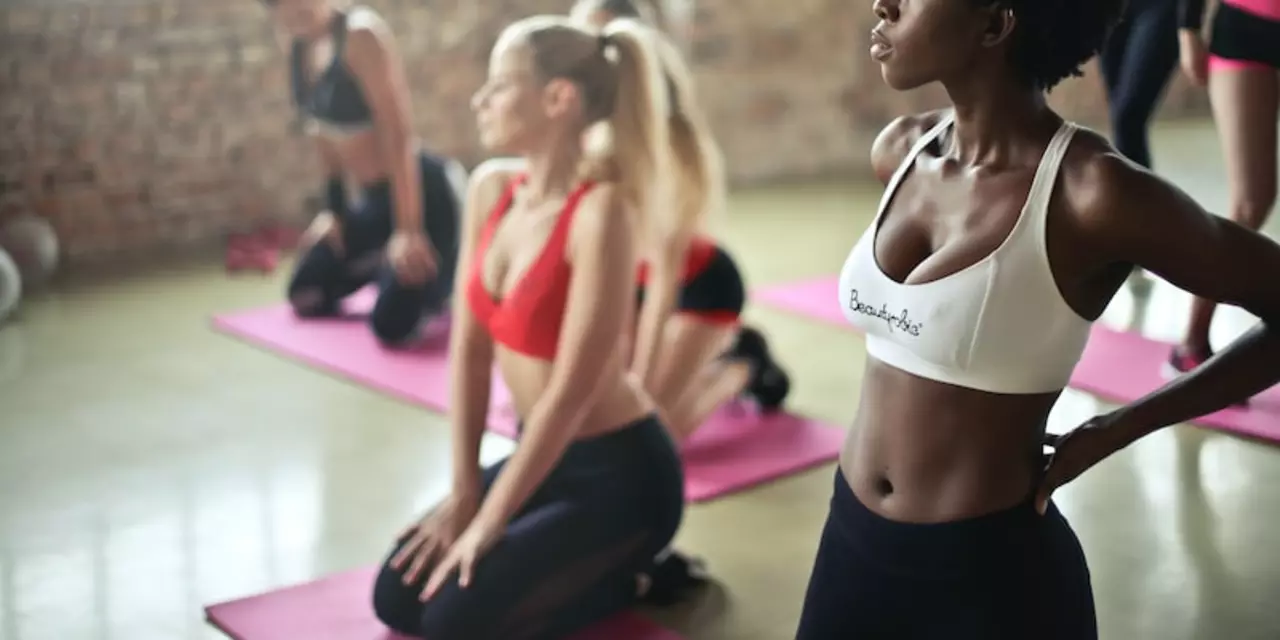Air Pollution: How It Affects Your Health and What You Can Do About It
Ever wondered why you cough more on a smoggy morning? That’s air pollution getting inside your lungs and causing trouble. In India, traffic fumes, dust, and factory smoke push harmful particles into the air we all breathe. Knowing what’s in that invisible mix helps you fight its impact.
What Air Pollution Does to Your Body
When tiny particles—called PM2.5 and PM10—settle in the air, they slip deep into the lungs. Your body reacts with inflammation, which can flare up asthma, trigger bronchitis, or make a simple cold feel worse. Long‑term exposure can raise the risk of heart disease, stroke, and even lung cancer. Even healthy people notice quicker fatigue, irritability, and poorer sleep on days with high pollution.
Children and seniors suffer the most because their immune systems are either still developing or start to weaken. Babies inhaling polluted air can experience slower lung growth, while older adults may see a jump in blood pressure and heart attacks.
Simple Steps to Shield Yourself
First, check the local air quality index (AQI) on your phone before heading out. If the AQI is above 150, try to stay indoors during peak traffic hours—usually early morning and late evening. When you do go outside, wear a mask rated N95 or higher; a regular cloth mask won’t filter the fine particles.
Keep windows closed on polluted days, but run an air purifier if you have one. If not, a simple bowl of water with a few drops of essential oil can trap some dust particles, though it’s not a substitute for a proper filter.
Plants like snake plant, spider plant, and peace lily can absorb pollutants, but they work best in small, sealed rooms. Place them near windows that you keep shut on bad‑air days.
Stay hydrated. Drinking water helps your respiratory tract stay moist, making it easier to clear out irritants. Pair that with a diet rich in antioxidants—think berries, leafy greens, and nuts—to boost your body’s natural defense.
Finally, limit indoor sources of pollution. Use a vent hood when cooking, avoid burning incense or mosquito coils indoors, and choose low‑VOC paints and cleaners.
These habits don’t eliminate air pollution, but they give your lungs a fighting chance. Over time, a combination of personal protection and community actions—like supporting cleaner public transport or planting trees—creates a healthier environment for everyone.
